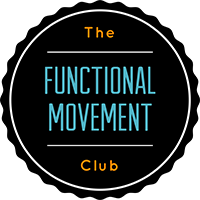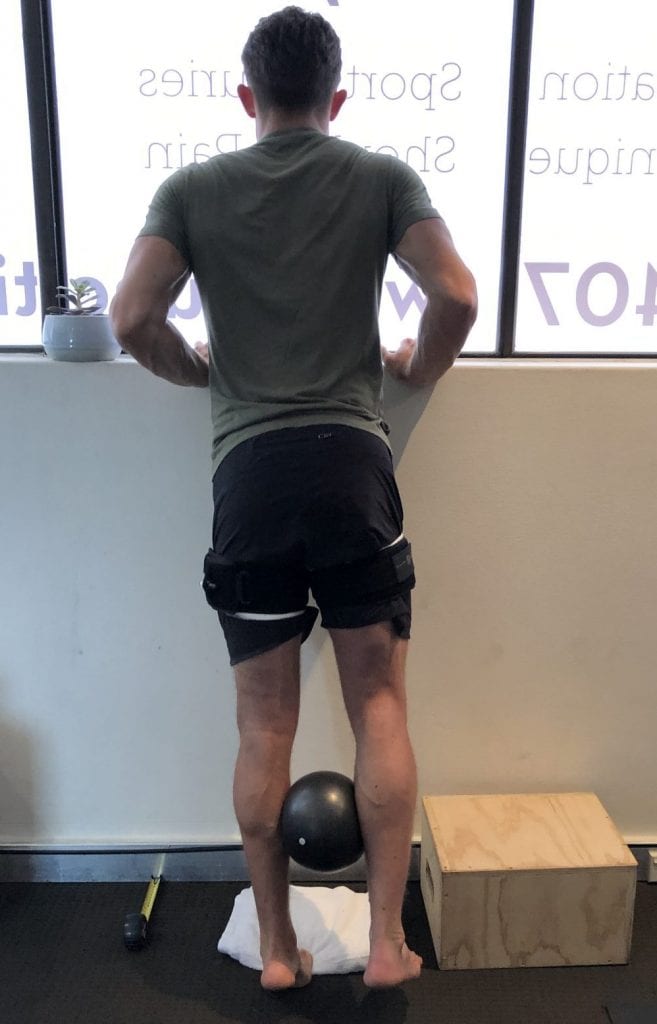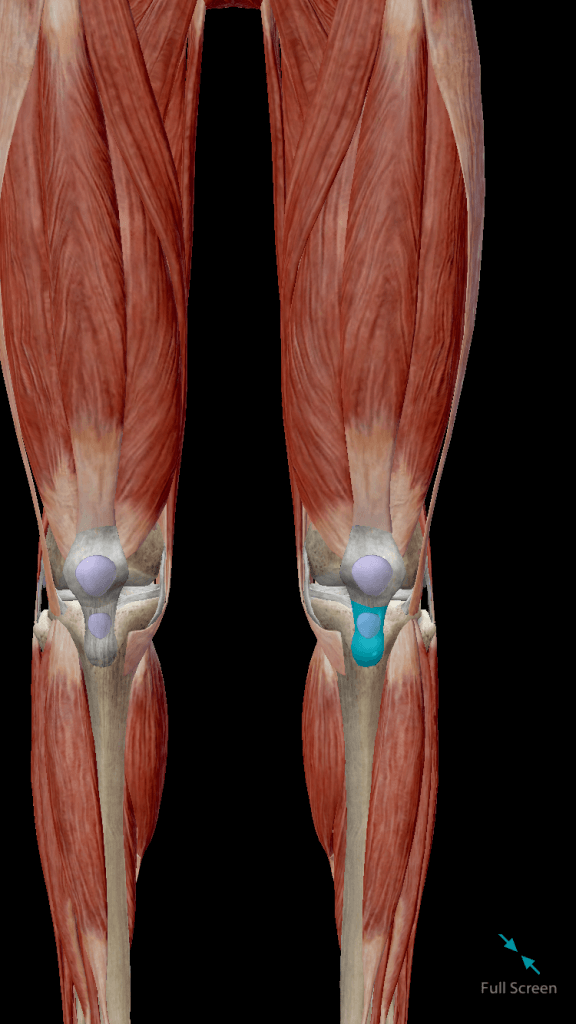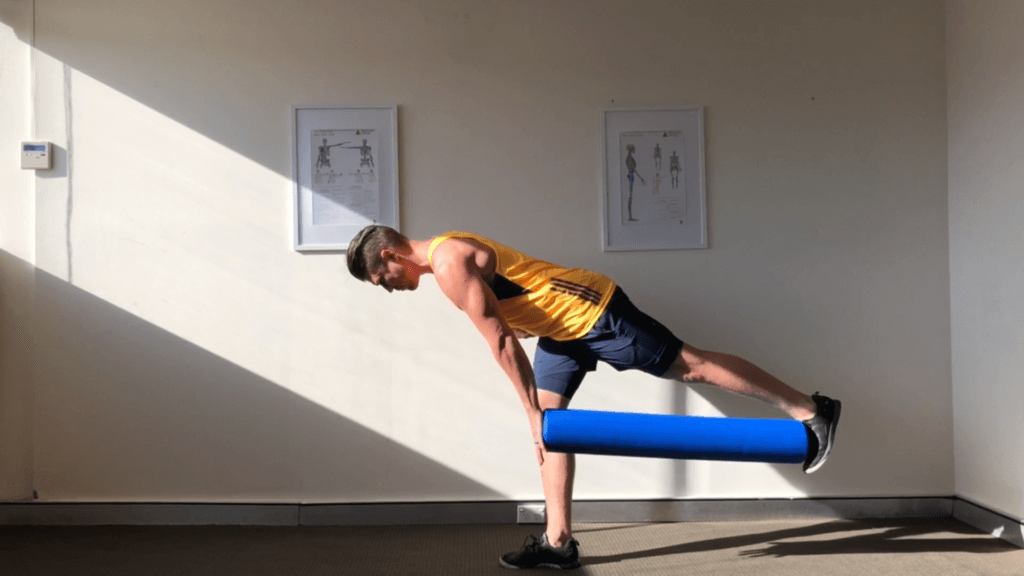
The Bucket Theory: Why You Get Back Pain
Intro:
You may be asking yourself why you’re in pain, “Why did I hurt myself? It was barely anything”. But, if you dig a little deeper, things begin to add up. Often we have people come in to see us with back pain on the northern beaches saying, “I was just bending over to pick up a pen”, or “it was just that last rep and I felt it go”.
Your body is not so fragile that one little thing could cause your injury or set off your pain and make your whole world come to a crashing halt. There are multiple things that add up to cause an injury:
- It was the end of a long week,
- I didn’t warm up properly.
- I haven’t been sleeping properly,
- I’ve just increased your training load,
- Work has been stressing me out lately.
All these things add up and contribute to your latest (or all of) your aches and pains.
PSST . . . Heres a FREEBIE I made for you
The Bucket Theory: Why You Get Back Pain

Think of your body like a bucket. Every time you:
- Do a hard work out
- Eat fast food
- Have to wake up early for work (without getting your 8 hrs in)
- Are stressed at work, or home, or from family issues
you are slowly (or sometimes quickly) filling up your bucket.
When your body rest and recovers, it lets some of that water out of your bucket. Problems start to arise though when you can’t empty your bucket quickly enough and the water starts overflowing. This is why it seems like something so little could cause your injury or set off your pain. But in reality, your bucket has been filling up for a while and that last rep or picking up that pen that was the final drop that set off Niagra Falls.
What Fills Up Your Bucket:
High-Intensity Exercise: Everything in moderation is good. But if you overdo it with your exercises and aren’t giving yourself enough time to rest and recover (check out our blog
Stress: stress can pop up in your life from many different sources: Work, family, relationships are usually the big ones. They can sap you of energy, increase your cortisol levels, and put your nervous system in fight or flight mode. when you are stress it decreases the quality and quantity of your sleep and ability to recover between sessions.
Lack of sleep: Sleep is your bodies rest and recovery time. It is the time when you switch from your fight or flight part of the nervous system to the rest and digest phase. A lack of sleep has been shown to increase risk of cardiovascular disease, stroke and heart problems, diabetes, cancer, dementia and Alzheimers
How To Empty Your Bucket:
 Adequate Sleep: sleep is the time when your body repairs and recovers from all the damage you do to it during the day. If you are not getting your 7 and a half (preferably 8 hrs) a night, you are not allowing your muscles,joints, and ligaments the time they need to recover. Getting your 8 hours of sleep can also help with memory, mental health and your immune system as a little bonus.
Adequate Sleep: sleep is the time when your body repairs and recovers from all the damage you do to it during the day. If you are not getting your 7 and a half (preferably 8 hrs) a night, you are not allowing your muscles,joints, and ligaments the time they need to recover. Getting your 8 hours of sleep can also help with memory, mental health and your immune system as a little bonus.
Stretching: Stretching is a nice way to lengthen your muscles after they have been used (either work, exercise, or after play). It temporarily lengthens your muscles and helps to switch your body from “fight or flight” to “rest and digest”
Foam Rolling: Another way or relaxing muscle after an activity. By gently rolling over any tight or stiff muscles you are sending tiny massages from the muscle to your brain and saying that everything is alright and that your brain can relax those muscles because they aren’t going to let you go through to much range of motion
Low-Intensity Activities: These can include walking, yoga, breathing exercises, meditation (basically anything that makes you feel calm). Again these will send non-threatening signals from your muscles and joints back to your brains reassuring it that everything is ok and help shift you into the rest and digest function.
Rest: Sometimes your body just needs rest, when you exercise you are breaking down muscle fibers and stretching ligaments and tendons. For the body to get stronger and get the full benefits from a workout you need to rest and recover. If you are constantly pulling, stretching, and breaking down these tissues eventually something has to give. This is why it’s important to listen to your body and give yourself a rest day every once in a while.
Staying Back Pain-Free On The Northern Beaches:
Staying pain-free is simple (we didn’t like maths at school but we think this is pretty simple):
Make sure you are letting out of your bucket more then you are putting into it.
The easiest way to do this is to listen to your body, eat right, sleep enough, and stretch a little bit more then you think you need to (everyone tends to underestimate how much recovery they need).
Simple, if it sounds difficult and you would like a little extra help check out our Better Mobility Program below, for a whole range of warm-up routines, muscle releases, stretches and activations for your specific problem areas.
Need Some Extra Help Emptying Your Bucket? Click Below Or Give Us A Call To Help With Your Back Pain On The Northern Beaches:






